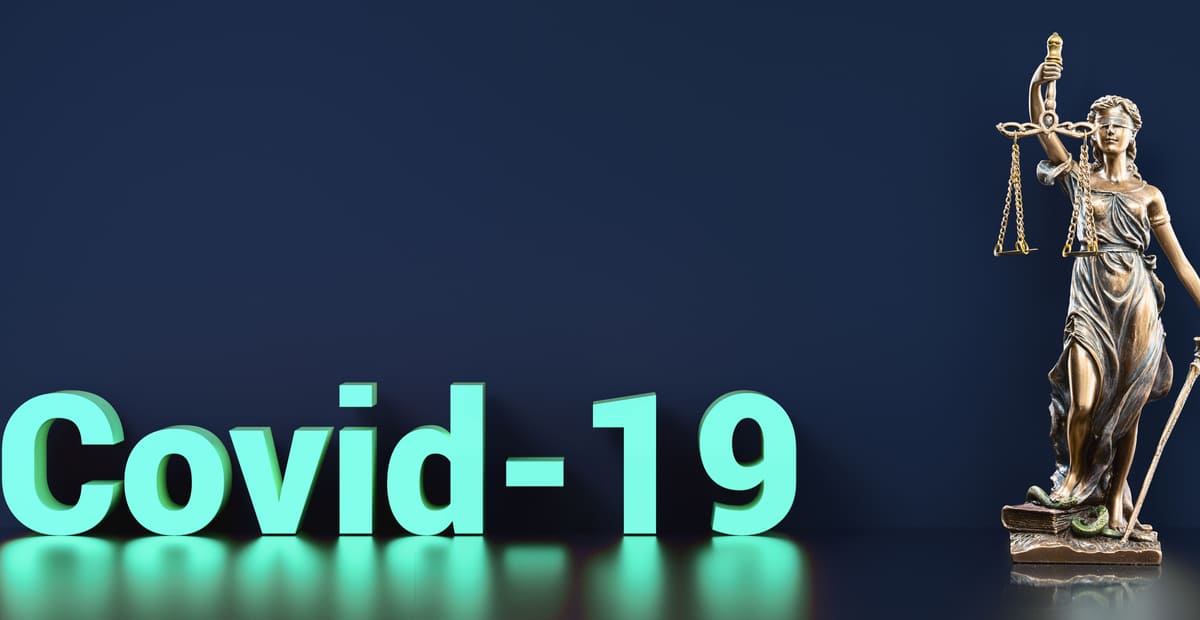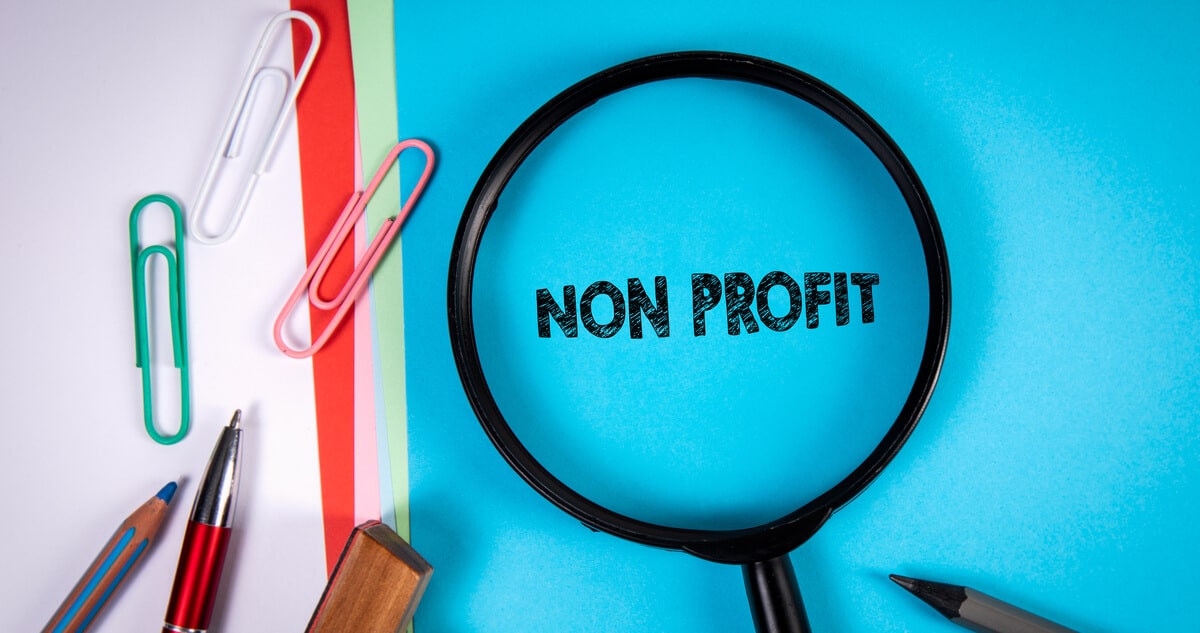CARES Act Context: To explain key relief for 501(c)(3)s and small businesses in the $2 Trillion CARES Act (complete text), we published our CARES Act Alert #1 (Help for Small Businesses & 501(c)(3)s via the PPP); CARES Act Alert #2 (Get Ready to Apply); CARES Act Alert #3 (PPP vs EIDL), CARES Act Alert #4 (Initial Guidance from Treasury), CARES Act Alert #5 (SBA’s Interim Final Rule), and CARES Act Alert #6 (New IFR on Affiliation & Religious Nonprofits). Over $350 Billion of the CARES Act is meant for small entities – mostly small businesses and 501(c)(3) nonprofits – with no more than 500 employees. Most of this money flows through two main loan/grant programs administered by the Small Business Administration (SBA): Economic Injury Disaster Loan (EIDL) and Paycheck Protection Program (PPP).
To govern the PPP, the SBA recently issued a main Interim Final Rule (
IFR-PPP) (see our Alert #5, above). It promised further guidance on the PPP’s application to 501(c)(3) religious nonprofits, now generally referred to as Faith-Based Organizations (
FBOs). That guidance for FBOs came swiftly, in two parts.
New Interim Final Rule on Affiliation: The first part of that guidance for FBOs arrived yesterday with a new Interim Final Rule on Affiliation (
IFR-Affiliation), posted last night by
SBA here and by
Treasury here, and discussed in our Alert #6. In that new
IFR-Affiliation, the SBA concluded that
FBOs that otherwise qualify for the PPP will be exempt from the SBA’s affiliation rules. This affects how an FBO calculates its total number of employees for purposes of eligibility in the PPP (no more than 500 employees), by exempting certain “hierarchical” or “connective” FBOs from having the employees of related organizations counted against them. Specifically, the
IFR-Affiliation concludes that “the SBA’s affiliation rules … do not apply to the relationship of any church, convention or association of churches, or other faith-based organization or entity to any other person, group, organization, or entity that is based on a sincere religious teaching or belief or otherwise constitutes a part of the exercise of religion.”
Two Cautions: 1. This
IFR-Affiliation – like the main
IFR-PPP – is an
interim rule that will not be finalized until after a 30-day public comment period.
So, both Interim Rules might change. 2. While the
IFR-Affiliation includes solid legal rationale protective of the religious freedom of FBOs,
its conclusion is limited to the affiliation issue. So, it is uncertain how much weight that rationale will be given in addressing the many other issues that FBOs face in deciding whether to apply and what strings are attached.
New FAQs for FBOs: That brings us to this
Alert #7. As noted in Alert #6, SBA promised more guidance soon on FBOs. SBA posted that guidance very late last night (Friday) in the form of
Frequently Asked Questions for Faith-Based Organizations Participating in the PPP and EIDL Programs (
FBO FAQs).
The eight FAQs addressed in
FBO FAQs should give significant comfort to FBOs, including churches, about applying for relief under the PPP (or EIDL). Although
FAQs do not have the force of law as do regulations or rules – like the
IFR-PPP or
IFR-Affiliation – the
FBO FAQs are official guidance and entitled to significant weight in terms of how the PPP and EIDL will be administered by the SBA.
We urge all interested FBOs to read the FBO FAQs for themselves and to consult legal counsel for any uncertainty about their meaning, weight, and application to your FBO. Here is a summary of important points in each FAQ:
FAQ #1 (a) provides that houses of worship are eligible for both PPP & EIDL programs; (b) addresses 13 CFR §120.110(k) & §123.301(g) (disqualifying for SBA loans any businesses “principally engaged in teaching, instructing, counseling or indoctrinating religion or religious beliefs, whether in a religious or secular setting”) by saying “SBA will decline to enforce these subsections and will propose amendments to conform those regulations to the Constitution”; and (c) clarifies the PPP/EIDL eligibility of all qualified nonprofits regardless whether they provide Secular Social Services, because “the CARES Act explicitly makes nonprofit entities eligible for the PPP program and it does so without regard to whether nonprofit entities provide secular social services.”
FAQ #2 states there are no special limitations on how FBOs can use PPP & EIDL money based on their religious character: “the Establishment Clause does not place any additional restrictions on how faith-based organizations may use the loan proceeds received through either the PPP or the EIDL loan program.” FBOs are subject to “[o]nly the same limitations that apply to all other recipients of these loans….”
FAQ #3 says “houses of worship” qualify for PPP & EIDL without official recognition from the IRS “as long as they meet the requirements of Section 501(c)(3)” but does not explain how to demonstrate such requirements have been met. Churches and other houses of worship should consider what documentation they might provide to strengthen their applications. (We can provide letters to churches stating that, based on our review of the particular church, it is a tax-exempt church pursuant to Section 501(c)(3)).
FAQ #4 says an FBO’s “request” and “[r]eceipt of a loan through any SBA program does not (1) limit [the FBO’s] authority … to define the standards, responsibilities, and duties of membership; (2) limit [its] freedom … to select individuals to perform work connected to [its] religious exercise; nor (3) constitute waiver of any rights under federal law, including rights protecting religious autonomy and exercise under” the Religious Freedom Restoration Act (RFRA), the key employment exemption for FBOs (Title VII Exemption), or the First Amendment.
FAQ #5 states that receipt of a loan through any SBA program does constitute “Federal financial assistance” subjecting the recipient to certain nondiscrimination obligations. This raises concerns for FBOs. Specifically, as to these nondiscrimination obligations, this FAQ #5 explains that (a) FBOs are exempt as to their own employment and membership decisions; (b) FBOs are not exempt as to their provision of goods, services, or accommodations to the public (“For example, SBA’s regulations will require a faith-based organization that operates a restaurant or thrift store open to the public to serve the public without regard to the protected traits listed above”; but such regulations will not apply “to a faith-based organization’s ministry activities within its own faith community”); (c) all such nondiscrimination obligations cease to apply upon loan repayment or forgiveness (which comes as soon as you repay in full or are forgiven in full); (d) SBA recognizes that the FBOs’ religious freedom rights recognized in FAQ #4 are not sacrificed by receiving the money; and (e) “SBA will not apply its nondiscrimination regulations in a way that imposes substantial burdens on the religious exercise” of FBOs….Note: Due to past strings that come with accepting “Federal financial assistance,” legal counsel is advisable here.
FAQ #6 explains the meaning of “affiliation” in the FBO context and the availability of the religious freedom
exemption from the affiliation rules as per the new
IFR-Affiliation issued last night (see our
CARES Act Alert #6).
FAQ #7 says FBOs need no special documentation to prove entitlement to religious freedom exemptions from the affiliation rules and may use a simple statement like the one SBA provides as Addendum A to the FAQs.
FAQ #8 explains the application of SBA’s size standards to an FBO (i.e., no more than 500 employees), and confirms that current SBA regulations addressing certain “monetary caps” for eligibility are not applicable to FBOs applying for PPP loans.
BOTTOM LINE for FBOs: Although (
a) these
FBO FAQs do not have the force of law and do not answer all questions, (
b) SBA may issue new consistent or inconsistent Rules or guidance or may change the Rules when the
IFR-PPP or the
IFR-Affiliation are finalized into Final Rules thirty or more days from now, and (
c) each FBO may have special circumstances or considerations that would benefit from legal counsel,
all FBOs should immediately consider whether to apply as the roughly $350 Billion is already going fast and is expected to run out long before all needs of small entities are met. We stand ready to provide legal counsel to help small businesses and FBOs address their concerns and complete the application process.
* * * * *
For assistance, please contact one of our attorneys: Nancy LeSourd, Matthew Szymanski, Scott Ward, or Derek Gaubatz. Our CARES Act Team also includes our non-attorney consultant Phil Eskeland. Mr. Szymanski and Mr. Eskeland bring experience from their past service, respectively, as the chief of staff and the deputy chief of staff of the Small Business Committee of the U.S. House of Representatives, including during the legislative response to 9/11. More Alerts to follow.
Looking for a nonprofit lawyer? Gammon & Grange, P.C. has many knowledgeable nonprofit attorneys and church lawyers who can advise you on many areas that pertain to your nonprofit. Contact us today to discuss your particular legal needs.





